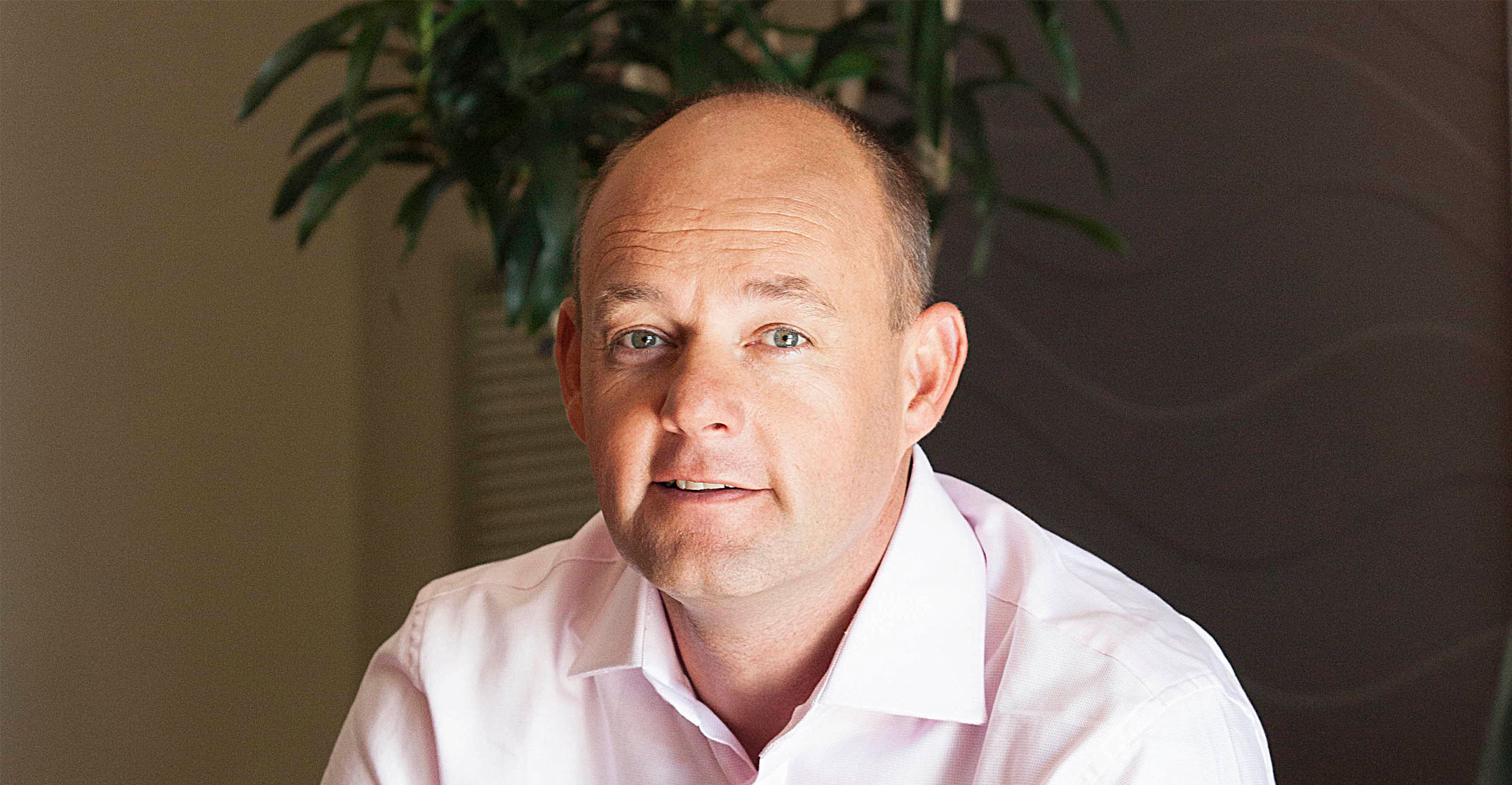 The potential of mobile technology has been “blown out of proportion” and won’t undermine demand for fibre broadband solutions.
The potential of mobile technology has been “blown out of proportion” and won’t undermine demand for fibre broadband solutions.
That’s the view of Vox CEO Jacques du Toit, who says anyone claiming that 5G will replace fibre is being “opportunistic”.
Though 5G offers much higher download speeds and improved latency (or network roundtrip times), it will have similar challenges to 3G and 4G in replacing fibre connections in homes and businesses.
It will also take longer than some punters are suggesting for 5G to be rolled out on a mass scale, Du Toit said, given that the standards must still be bedded down and significant infrastructure must still be built.
“The market needs to be educated about 5G,” he said. “People are being told it will replace fibre. But if it really replaces fibre and you want massive speed, it must be uncontended and you will have to have a (base station) every hundred metres.”
Initial 5G deployments will connect single customers, typically businesses, and backhauled with fibre, he said.
“There’s a place for 5G, if you’re mobile. But when I’m in my house, and I have 40, 50 or 60 devices connected, then streaming HD video and surfing the Internet – well, 5G is not going to cut it. There’s nothing in life faster than light.”
Spectrum licensing
The success of 5G will depend on how much the spectrum needed to deploy it costs, and the conditions attached to spectrum licensing, Du Toit said.
Through its Frogfoot Networks subsidiary, Vox is aggressively deploying fibre access infrastructure, with a focus on Pretoria and Cape Town, and expanding this year to George, Port Elizabeth and Bloemfontein.
However, the company is interested in participating in a spectrum auction, be it for 4G or 5G, provided it makes commercial sense.
 “If the auction is not just about price, but a fair, reasonable and competitive environment, every telco would want access to some spectrum. There are areas you won’t serve via fibre,” he said.
“If the auction is not just about price, but a fair, reasonable and competitive environment, every telco would want access to some spectrum. There are areas you won’t serve via fibre,” he said.
He said that if Vox is successful in winning access to radio frequency spectrum, the company won’t try and compete directly with the big mobile operators. Instead, it will design niche products tailored to specific market segments. An example might be a package tailored for streaming video.
“We have put a lot of effort into modelling (for spectrum). There are two things for me. One is the price. It’s a pass-through cost. If the price is too high, your return profile will be too low. And, secondly, what are the obligations? If by winning in the auction you will be forced to roll out in Thaba Nchu, that market doesn’t typically have the wallet size to support it.”
And the acquisition of spectrum must support Vox’s strategy in fibre broadband. “The idea is not to compete with the current mobile data offerings. You need to pick your market.” — © 2019 NewsCentral Media




